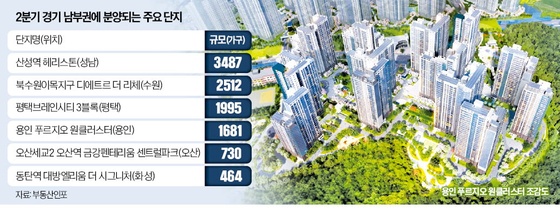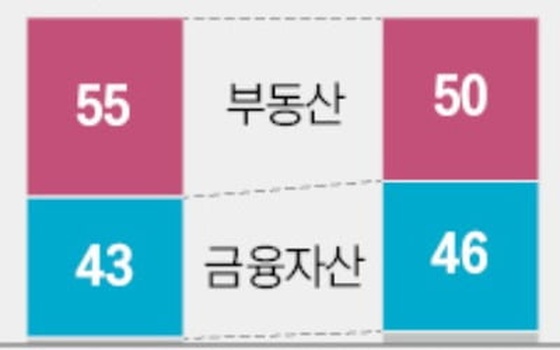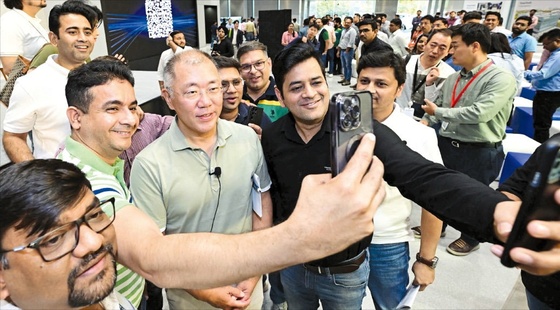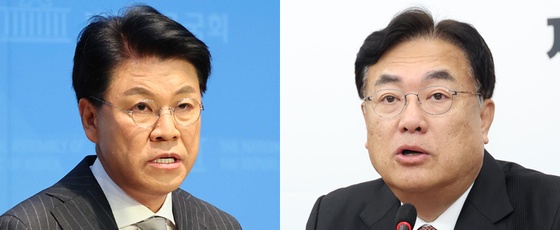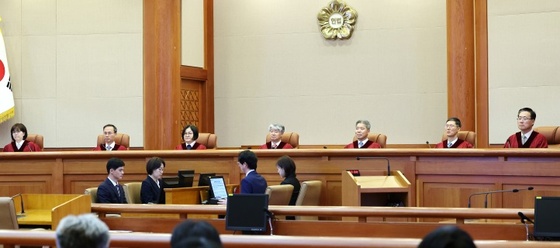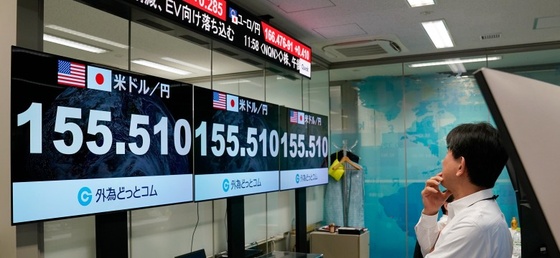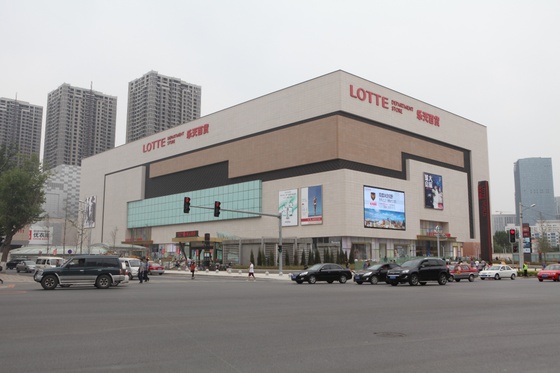[한경에세이] 상대성의 'S(e)oul'
내 경험을 예로 들자면,몇 년 전 어느 기관의 개관식에 초대받아 VIP 대기실에 들어갔다. 마침 손님이 없었고,유일하게 한 테이블에만 사람들이 모여 있어 그곳에 자리를 잡고 대화를 시작했다. 그런데 그 후 놀라운 현상을 경험했다. 새 손님이 들어올 때마다 모든 사람들이 일어섰다가 사회적 지위와 선 · 후배 관계 등에 따라 좌석 순서를 고쳐 앉았다. 이렇게 10~15번 일어섰다 앉기를 반복하는 모습이 마치 미뉴에트 춤 동작 같았다. 그러는 와중에 난 어리둥절할 뿐이었다.
여기서 보여지는 상대성은 개인이 집단이나 사회에 비해 중요하지 않다는 것을 의미하지는 않는다. 한국인들은 자기 자신과 거의 광적인 수준으로 교제를 한다. 휴대폰에 자신의 사진을 담고,자신의 몸매나 건강에 대해서 열성적이다. 차이점이라면 한국에서 대부분의 사람들은 그때 그 순간의 상황에서 그 사람의 직분이 그 사람을 결정 짓는다는 것이다. 이는 짧게는 어디에 앉아야 하는지,어떤 형식의 언어를 사용할지를 결정한다. 보다 긴 안목으로 보면,주변 상황에 입각해 자아 인식을 규정 지을 것이다. 그래서 자아란 정의는 상대적이다.
반대로 내가 태어난 독일에서는 오히려 절대적이고 무감각하다. 어떤 상황에서도 당신은 당신이다. 일례로,최근 몇 달간 한국에서 보여진 인터넷 폭력이 독일에서 자살을 초래할 것이라고는 생각하지 않는다. 많은 사람들이 당신을 싫어한다고? 좋게 본다면 독일 격언처럼 '많은 적들은 큰 명예'다.
흥미롭게도 상대성은 개인적인 상호 교류를 뛰어넘는다. 철학자이자 언어학자인 비트겐슈타인의 주장처럼 사고 방식과 인지 방식은 언어에 함축돼 있다. 따라서 한국어 단어는 문맥에서 그 의미가 변할 수 있고,그래서 의문의 소지가 있을 경우 한자가 사용되기도 한다. 단어가 변하면 언어가 변하고,행동과 인식이 변한다. 경이로운 점은 상대성이 사후(死後)에도 지속된다는 것이다. 묘비에 새겨진 족보가 시간과 함께 커 가는데,심지어 고인이 몇 대조인지가 자손의 계승에 따라 변경된다. 절대적인 것에 대한 상대적인 것의 승리다.
그렇다면 결론은 뭔가. 이러한 차이점이 미세함에도 막대한 영향력을 창출한다는 것이다. 예를 들어 직장에서 상대성의 탁월함은 장기적 비전과 임시변통의 유연성 사이에서 거래 조건으로 나타난다. 단기적 변동,뜻밖의 사건,모든 종류의 위기들,또는 불시의 도전 과제들이 한국에서는 용이하게 다루어진다. 그리고 이는 상호 보완의 여지를 많이 남긴다. 이것이 우리가 협력하기 시작하면 가속도를 받아 막대한 힘이 나오는 이유다.
[영문 원고]
The S(e)oul of Relativity <By Ulf Nehrbass,CEO of Institut Pasteur Korea>
To tell you right at the start,this is not going to be about the theory of relativity,no need to stop reading here.But come to think of it,to even perceive relativity as a topic worth exploring,one should have a more or less non-relative viewpoint.And that is hard to find here.
After 5 years in Korea I would think that the defining cultural differential between Korea and Europe lies in the concepts of relative versus absolute.It is playing out on all levels including the concept of self and the definition of individuals versus society.Let me give you an example; A few years ago I remember being invited to the opening of a big institution,and I walked into the VIP room slightly ahead of time.As there were few guests at that time I was sitting at the only busy table,starting conversation.What followed was amazing; with every new guest entering everybody stood up and sat down again in a new seating order,reflecting rank and context.A minuet of the surreal,repeated 10 or 15 times,standing up and sitting down in a codified dance,everybody seemingly finding his position in 15 different scenario.I was left confused,not knowing who I am.
The type of relativity visible here does not mean that the individual is not important vis-a-vis the group or society,as one of the stereotypes of Confucian societies suggests.Not at all.Koreans have an almost obsessive relation to self,with their own pictures on cell phones,and a cult of their own bodies and health.The difference is that in Korea,people to a large degree are a function of their context at that moment in time.In the short run,it will determine where they sit,or what type of language they use.In the more long run,it will define self-perception,as it is predicated by the surrounding.The definition of self,therefore,is relative.In my home country,by contrast,it is rather more absolute and dull,you are who you are,come what may.For example,I don't think the type of internet mobbing we have seen in recent months in Korea would ever lead to a suicide in Germany.Lot's of people dislike you? For the better -lots of enemy lots of honour,as one saying in German goes.Intriguingly,relativity goes beyond personal interactions.Just as Wittgenstein postulated,the way of thinking and perceiving is implicit in language.Accordingly,Korean vocabulary can change meaning with context,and so whenever that becomes a problem Chinese symbol are used.Words change,language changes,behaviour and perception change: most amazingly for me,relativity even continues after life; With the family tree on a tomb-stone growing with time,even the rank of the dead may shift upon success of the off-spring.The triumph of the relative over the absolute.
And what is the outcome? Although the difference seems subtle it generates massive impact,for example at the work place as the predominance of relativity translates into a trade off between long-term vision and ad-hoc flexibility.Short term changes,surprises,crises of any type or sudden challenges are easily tackled here in Korea,which leaves space for a lot of complementarity. I guess that is why,when we really start working together,we become so unstoppable.
-
기사 스크랩
-
공유
-
프린트
![[한경에세이] 소상공인 지원기관이 될래요](https://img.hankyung.com/photo/202404/07.35991182.3.jpg)
![[다산칼럼] 2024년 주주총회가 남긴 성과와 과제](https://img.hankyung.com/photo/202404/07.34201783.3.jpg)
![[차장 칼럼] GTX가 '교통혁명' 되기 위한 조건](https://img.hankyung.com/photo/202404/07.30302760.3.jpg)


![구글, 사상 첫 배당 '주당 20센트'…AI 불안감 덮었다 [글로벌마켓 A/S]](https://timg.hankyung.com/t/560x0/photo/202404/B20240426073327760.jpg)
